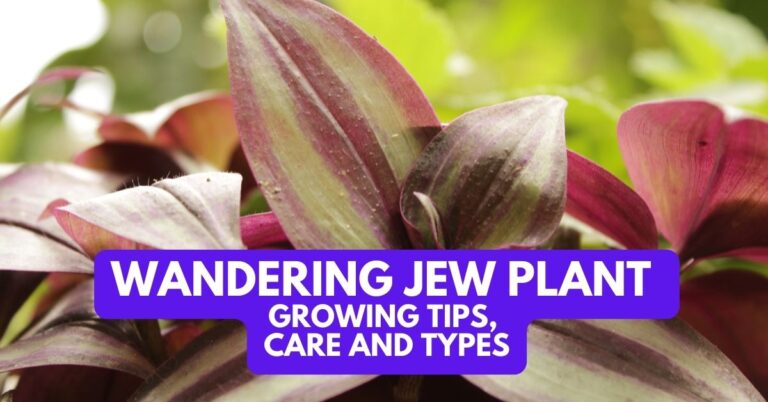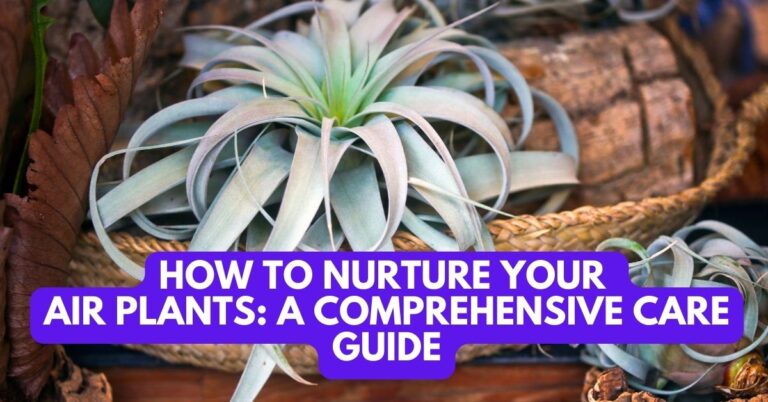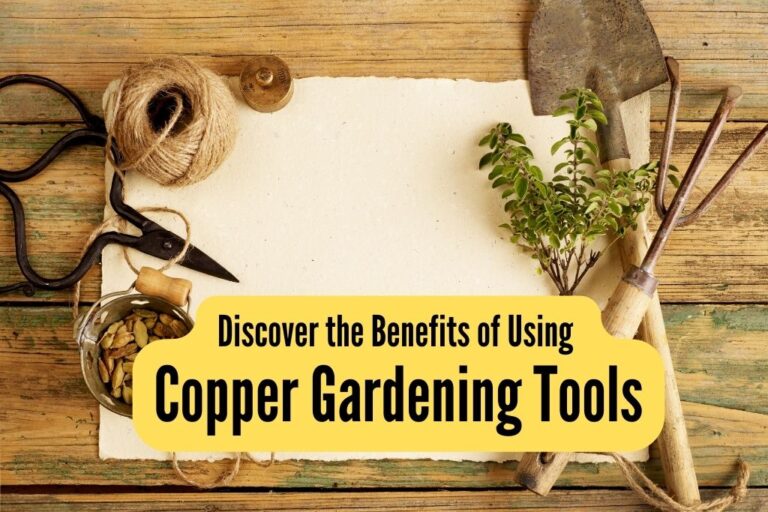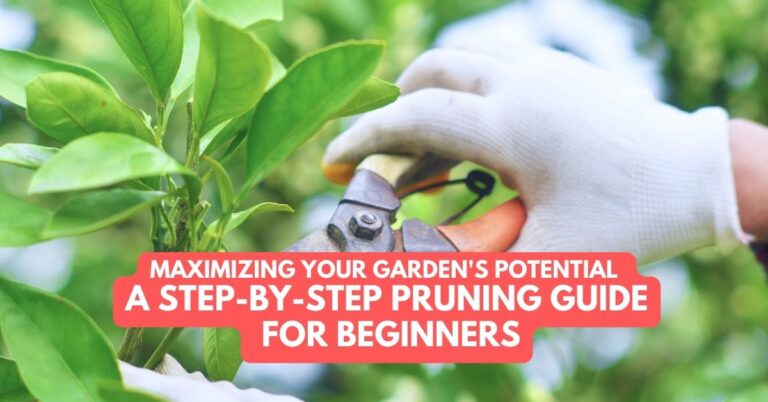Tips For Gardening In Winter
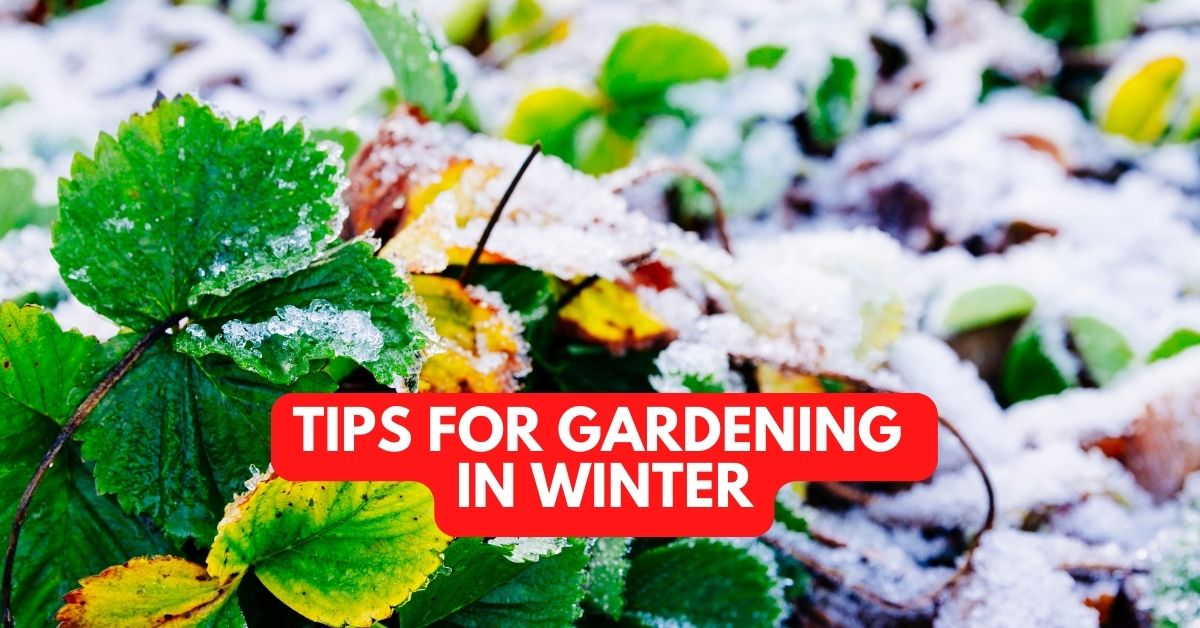
Gardening in winter is a beautiful thing and can be very relaxing and therapeutic. While some may think it is crazy to garden in winter, the season can be very rewarding.
Winter gardening is all about preparing your soil ahead of time, and then storing your plants until it is time to plant again. Once the soil is prepared, it does not need much attention until spring!
Here are some tips on what to prepare for planting now, and what to store until spring. Read on for all of the details!
Some plants, like bulbs, do not need to be stored as they will grow again in the spring. If you are looking to get rid of some plants, this is a good time to do so.
Prepare your plants for hibernation
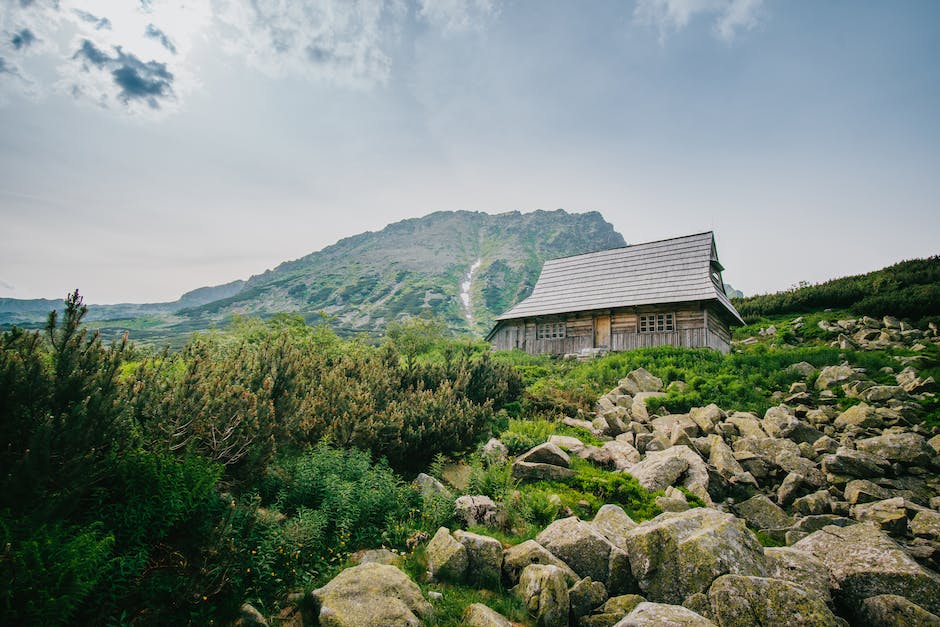
Now is the time to transplant your plants into larger or different-sized pots if needed. This will help them prepare for winter and spring flowering.
Protect your plants from the cold

Once you have cleaned and organized your garden, the next step is to protect your plants from the cold. If you have a favorite plant or two that you want to save, now is the time to take some roots and put them in a warm place till next spring.
If you have plants that are winter hardy, then leave them in the ground and cover them with a good amount of compost or soil. If your garden space does not allow for this, then bring your plants inside or protect them some other way.
Some plants like snow on them, so if it is in adequate quantity, do not brush it off! If there is not enough snow for your plants to be comfortable, then bring in any non-winter hardy ones.
Covering your plants with straw, hay, or blankets is a good way to protect them.
Keep your soil warm
Soil temperature is an important factor in gardening, and it’s an important factor even when the garden is empty. If you plan to plant in the spring, or even the fall, it’s helpful to keep the soil warm.
Winter gardening involves planting vegetables and plants in the winter months. Some choose to do this professionally, while others do it for fun. No matter why you choose to garden in the winter, keeping the soil warm is a crucial step.
Soil temperatures can drop significantly in the winter, which can cause your plants to die. Luckily, there are ways to prevent this!
You can purchase a thermal mat that your plants sit on, and they retain heat very well. You can also layer them down in the spring with hay to help keep the soil warm. Both of these options are cost-effective and easy to use.
Store plant parts for regeneration

Even if you cannot garden in winter, there is still a lot you can do to prepare for the spring season. With enough knowledge and preparation, you can even garden year-round!
One of the best tips for winter gardening is to store plant parts such as roots, bulbs, and seeds. These can be stored until spring when they can be planted or replanted.
Rooted plants can be stored in a cool, dry place until planted in the spring. If you are not sure if your plant is perennial or an annual, check the roots- if they are thick and fleshy then your plant is a perennial and it can be stored until spring!
Bulbs such as garlic or onions can be dried out and stored until spring when they will grow again. Plants like lilies that grow bulbs need to have those bulbs saved for the next planting season.
Bring in protective equipment

As mentioned before, winter weather can wreak havoc on your garden. If a heavy snowfall or brutal wind and ice event occurs, your plants can suffer serious damage.
To protect your plants, you can mulch them. This means burying the plant materials in a layer of compost or dirt, then covering that with a thick layer of snow.
You can also dig up your plants and store them in a sheltered place until spring when it is safe to put them back in the ground.
By far the best way to save your plants is to have some kind of protective shelter for them. A simple frame covered with plastic or canvas is all that is needed.
Use heat lamps

If you are just starting to garden, or just starting a garden, winter is a great time to start. There are many plants that can be planted in the wintertime that will sprout and grow as the weather warms up.
Heat lamps can be used to help plants sprout and grow early. By hanging a heat lamp over the plants early in the season, you can encourage their growth of the plants.
How do you know when to use a heat lamp? Simple! Watch the weather reports for rising temperatures and longer periods of sunshine. When these happen, it is safe to put up a heat lamp for your plants.
This is a great tip for those who want to keep gardening through the winter, as it helps some plants start growing early.
Insulate your plants

While your plants are resting in the soil, they will not be able to grow unless you protect them from the cold. You can do this by placing them in containers with insulation materials, like vermiculite or perlite.
These substances act as insulators, protecting the plants’ roots while allowing water to pass through. This way, the plants can rest until spring, when it is time to wake up again.
You can also use plastic or waxed paper to cover the plants, as long as you wrap them well so that they do not get dried out. Just make sure your plastic is thick enough!
If you do not have any insulating materials on hand, you can still protect your plants. Just wrap them in several layers of towels or blankets to help keep in the warmth.
Cover them with blankets or sheets

If you have a vegetable garden, you can cover the plants with blankets or sheets to protect them from the cold. This works well for lettuce and other greens as well as for tomatoes, peppers, and other plants.
Just make sure to check your plants every few days to see if they need any sunlight or water. Once the weather warms up again, you can just pull off the covers and let the plants grow!
Some people choose to mulch their plant beds with straw or coconut coir fibers to help protect the plants under winter conditions. This also helps conserve water, so it is a good addition even if you have a green thumb and water your plants frequently.
If you do not have a green thumb and/or do not have enough time to take care of your plants in winter, then there is no need to worry! Simply take some precautions and help preserve your plants until spring arrives.
Content are generated with AI, fact checked by editorial team.
Hi there! My name is Aaron and I am a gardening expert from the United States. I have always had a passion for gardening and have been practicing it for years. I have gained extensive knowledge and experience in gardening.

